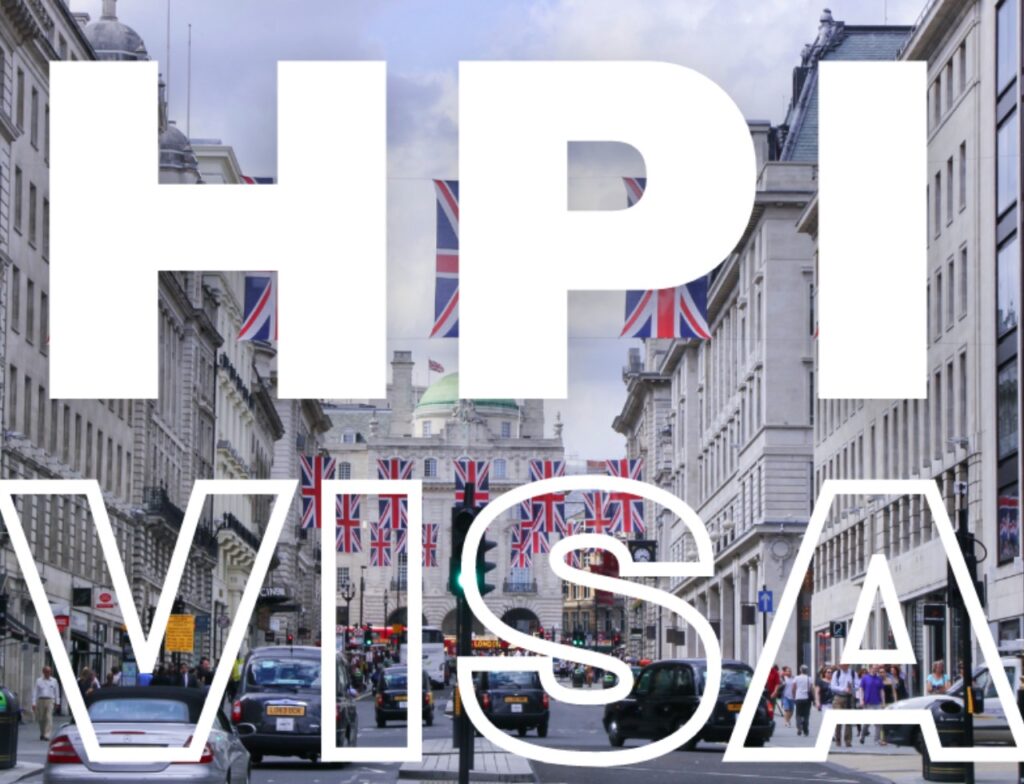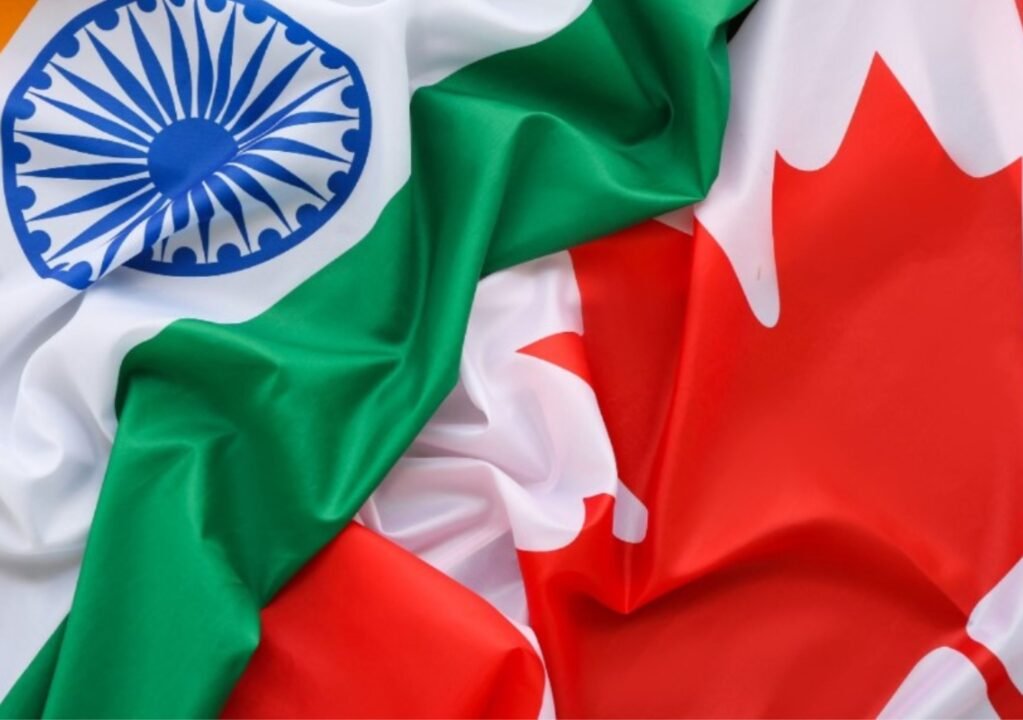Traditionally, no country has been as attractive to international students as the United Kingdom. In addition to prestigious universities that act as magnets, the excellence and richness of the cultural environment are irresistible. Nothing remains the same in UK international education. These shifts occur with changing political power and reflect priorities and policies that have been enunciated by successive governments. That may have the most profound effects of all on institutions, international students, and the wider educational ecosystem. Within that context, the article is going to deconstruct how political transitions may influence the UK’s international education sector by drawing on the most recent trends and historical patterns.
Visa Policies and International Student Recruitment
Visa policy changes are definitely among the most immediate and high-impact changes attending political transitions in the UK. For example, in the period following the Brexit event under the government of Boris Johnson, the introduced Graduate Route visa then allowed international students to stay and work in can stay in the UK for a maximum period of two years post-graduation.The new policy was expected to make the UK more inviting to global talent and offset any future Decline in EU Student Enrolments after Post-Brexit Changes.
On the other hand, earlier regimes have been far more oppressive. Changes made in 2012 by the then Home Secretary Theresa May tightening visa conditions and curtailing the possibilities for post-study work led to a sharp decline in the number Moreover, more foreign students have traveled to the UK from countries like India. These fluctuations show just how sensitive international student recruitment really is to both supportive and deterrent visa policies.
Tuition fees and financial considerations
Political transitions also affect tuition fee structures and the financial support available for international students. In 2012, the then-ruling Conservative-Liberal Democrat coalition tripled tuition fees, which had deep impacts on both domestic and international students. In contrast, for international students, their universities usually set their fees, which vary enormously; therefore, the government policy on funding arrangements is hugely instrumental in shaping these costs. The latest Labour Party manifesto promised to reduce tuition fees while increasing funding for universities. If these policies were supported and passed, no doubt they would dramatically alter the financial scene, making many more international students capable of considering studying in the UK and hailing from diverse economic backgrounds.
It also conditions how universities and research institutions can attract and retain international talent. The previous Conservative government has very strongly emphasized developing research and innovation, for example, through the establishment of the Industrial Strategy and the creation of UK Research and Innovation. To consolidate that leadership in these respects on the world scene, the country is challenged by funding fluctuations and uncertainties—particularly around Brexit and the loss of EU grants for research. In this regard, universities have had to negotiate these changes by finding alternative sources of funding and collaborations that will assist them in pursuing their research agendas.
Immigration and internationalism
Governmental discourses around political rhetoric and societal attitudes toward immigration and internationalism also strongly influence the international education landscape. Theresa May’s hostile environment policy engendered a sense of the UK as unwelcoming, very different from the more open and inclusive rhetoric to come next that aimed at being an attractive destination for global talent. Cultural shifts, which are influenced by political narratives, may make a difference in the decisions taken by prospective international students. A more avant-garde government that espouses diversity, inclusiveness, and global engagement will make the UK more attractive; protectionist or isolationist policies are a turn-off.
Recent government changes give telling examples of these dynamics. After the coming of the Graduate Route visa by Boris Johnson, applications surged, reflective of a policy shift to pin hopes on highly-minded talent underpinning the economy and innovative sectors. To this contrast, under Theresa May, it was witness to a considerable drop in international students from countries like India, with visa restrictive policies and hostile environment rhetoric. This was to the detriment of successive governments’ efforts to ensure that the reputation of the UK as friendly destination for international students is maintained. Under Rishi Sunak, efforts have been geared towards researching and developing a more aggressive presence in the global education market. Needless to say, the way this pans out or is modified with time remains to be seen.
Prospects for International Education in the UK
While the UK resolves its post-Brexit identity and adjusts to other global challenges—not least of which is the COVID-19 pandemic—the sector will continue to be dynamic and fluid. Indeed, any future political change will bring new policies and new priorities, all of which have the potential to further reconfigure the landscape. The immigration policy to be adopted by future governments will also be important and will go on to determine how attractive the UK remains to international students. Different fee structures and mechanisms for financial support have their own implications for accessibility and affordability. Further research and innovation will therefore be imperative if the competitive edge of the UK is to be maintained.
Conclusion:
This will call for a more detailed and granular exploration of how the changing politics will affect international students in the UK with regards to visa policies, tuition fees, immigration attitude, and funding towards higher education. With every turn of the political wind comes a different situation for international students and their opportunities in the UK. Students, educators, and policymakers need to adapt to these changes so that the UK remains at the forefront of destinations to which talent wishes to move.UK international students





